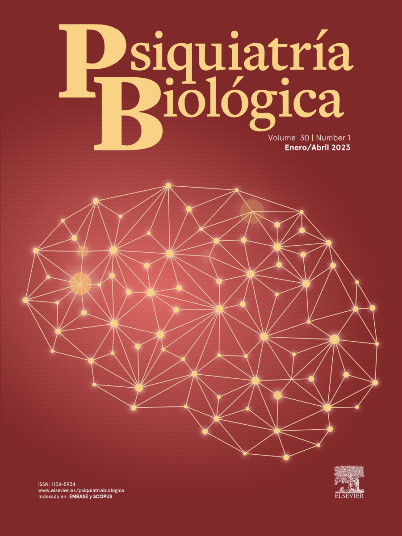Los tratamientos farmacológicos de enfermedades psiquiátricas crónicas pueden inducir cambios en los niveles séricos de prolactina (PRL), como ocurre con los fármacos utilizados en el tratamiento del trastorno bipolar. Este efecto tiene consecuencias clínicamente relevantes para los pacientes, como disfunciones sexuales, osteoporosis o neoplasias sensibles a la PRL. La elevación de los niveles séricos de PRL es un efecto muy común del tratamiento con antipsicóticos, y hasta hace muy poco las diferencias entre los diversos compuestos de esta clase de fármacos no estaban valoradas. Los antipsicóticos típicos causan un incremento importante de los niveles séricos de PRL en comparación con los antipsicóticos atípicos (amisulprida, risperidona y paliperidona). La asenapina, la olanzapina y la ziprasidona tienen un efecto más ligero sobre los niveles de PRL. La lurasidona y la quetiapina no parecen inducir un incremento de la PRL, mientras que el aripiprazol, incluso en dosis altas, induce una disminución de la PRL. En el manejo clínico de la hiperprolactinemia inducida por antipsicóticos se puede valorar el cambio a un fármaco con perfil de impacto menor sobre la PRL, o el tratamiento integrado con un tratamiento que no afecte o disminuya los niveles séricos de PRL, por ejemplo con el litio, siempre teniendo en cuenta el equilibrio entre efectividad y tolerabilidad, y el perfil y las necesidades del paciente.
Pharmacological treatments for chronic psychiatric illness can induce changes in prolactin (PRL) serum, including drugs that are used for the treatment of bipolar disorder. This effect has clinically relevant consequences for patients, such as sexual dysfunction, osteoporosis or tumors sensitive to PRL. An increase in PRL serum level is a common effect of treatment with antipsychotics, and until recently, the differences between various compounds of this class of drugs were not evaluated. Typical antipsychotics cause a significant increase in PRL serum compared with atypical antipsychotics (amisulpride, risperidone and paliperidone). Asenapine, olanzapine and ziprasidone have a slight effect on PRL levels. Lurasidone and quetiapine did not appear to cause an increase in PRL, whereas aripiprazole, even at high doses, causes PRL to decrease. In the clinical management of antipsychotic-induced hyperprolactinemia, one can assess the value of switching to a drug with less of an impact on PRL, or an integrated treatment with one that has no effect on or decreases PRL serum levels, for example with lithium, while taking into account the balance between effectiveness and tolerability and the patient's profile and needs.






